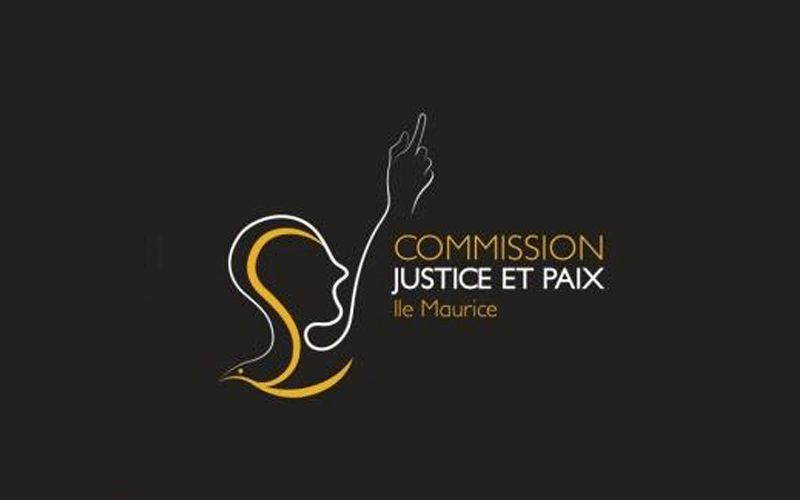Port Louis, 16 May, 2020 / 4:23 pm (ACI Africa).
Members of the Episcopal Commission for Justice and Peace (CJP) in Mauritius have expressed concern over two bills on the fight against COVID-19 presented in parliament and called on authorities in the Island nation to establish a forum for dialogue with all stakeholders.
“Yesterday, the Mauritian Government introduced two bills aimed at countering the impact of COVID-19. We fear that the emergency laws that the Government proposes to pass in the Assembly this Friday, may generate in the population a concern which could lead to a larger social crisis,” CJP members said in a statement issued Thursday, May 14.
The members added in reference to the bills, “This approach honours the role of the political authorities as legislators and we must salute and respect it. At the same time, we cannot overlook the feelings that we share with the population.”
The two bills are expected to amend a number of enactments in order to cater for the impact of the novel coronavirus, the government indicated, announcing on Sunday, May 10 that the COVID-19 (Miscellaneous Provisions) Bill and the Quarantine Bill will be voted at the National Assembly, on Friday, May 15, 2020. Both bills were presented by the country’s Prime Minister, Pravind Kumar Jugnauth on May 13, according to reports.
CJP members have drawn the attention of the government authorities to four aspects of the bills that they “consider to be more sensitive.”








